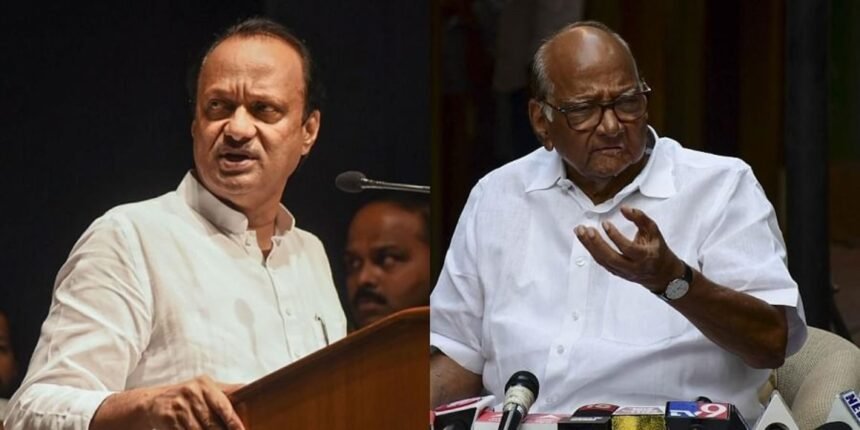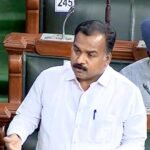The Maha Vikas Aghadi alliance, consisting of the NCP led by Sharad Pawar, the Shiv Sena led by Uddhav Thackeray, and the Congress, is facing public tensions due to the alleged covert meetings between Sharad Pawar and his nephew Ajit Pawar. Both the Shiv Sena (UBT) and Congress have expressed concerns that these undisclosed meetings between the Pawars are sowing confusion and distrust among the alliance partners. Sanjay Raut, a member of the Rajya Sabha from Shiv Sena (UBT), voiced strong objections to such meetings, comparing them to acts of treachery. He pointed out that when Eknath Shinde departed from the alliance, they didn’t engage in regular meetings or social interactions, emphasizing his stance against disloyalty.
Raut highlighted the paradoxical nature of Sharad Pawar’s actions: on one hand, he appears to be maintaining his relationship with his nephew, while on the other, these actions contribute to the prevailing atmosphere of uncertainty within the alliance. Raut expressed concern that such political behavior from leaders like Sharad Pawar could undermine his credibility. The visit of Maharashtra Congress chief Nana Patole to Uddhav Thackeray’s private residence, Matoshree, was noted by Raut, where discussions included the secret meetings involving the Pawars. Raut underscored the need for transparency and clarity among the alliance partners.
The ripple effects of these developments are evident in Chief Minister Eknath Shinde’s reactions. He has reportedly been perturbed by the ongoing political maneuvers, leading to frequent visits to his hometown, Satara. Union Home Minister Amit Shah’s recent visit to Pune has also contributed to Shinde’s unease, with Raut suggesting that Shah’s interactions conveyed the possibility of a change in leadership in Maharashtra.
Sharad Pawar responded to the situation by urging the media to refrain from perpetuating confusion by repeatedly questioning his meetings with Ajit Pawar. This response was prompted by an editorial in the Shiv Sena (UBT) mouthpiece ‘Saamana’, which raised questions about the frequency of the Pawars’ meetings, terming them “amusing” and contributing to the atmosphere of uncertainty. The editorial aptly noted that the ongoing “daily game of creating confusion” has numbed the public due to the current political machinations.
As the Maha Vikas Aghadi coalition navigates these complexities, the emphasis remains on maintaining transparency and fostering open communication among the alliance partners. The evolving dynamics of political alliances and their implications on governance and public perception continue to be subjects of intense discussion and evaluation in the Indian political arena.







